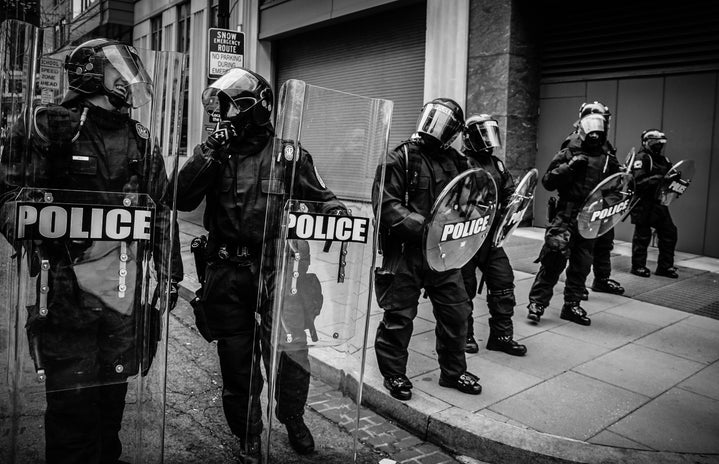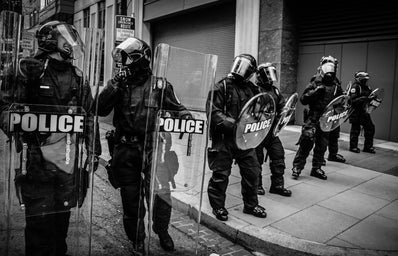While quarantining and shutdowns of states seem to be a logical enough solution to prevent the spread of COVID-19, some have taken offense at the idea of being forced to stay at home. These social distancing efforts have proven successful in countries such as New Zealand and Vietnam, both of whom have seen dramatic reductions in the number of cases relating to the virus. Yet, protests have still erupted against the idea of government sanctioned lockdowns. These demonstrations have been prominent in the US, which is of particular irony as they are considered the global epicentre of the virus and have recently surpassed one million cases. Why would a country so vulnerable to the detriment of this virus be so opposed to lockdown?
It comes down to a matter of priority and ideology. Primarily, the protestors are concerned about the economic impact a prolonged lockdown may have. This is a valid concern weighing on the backs of many across the world during this moment. According to Oxfam – a prominent NGO – nearly 1 billion people may be pushed into poverty due to the economic repercussions of COVID-19 and, in America, nearly 26 million people have already lost their jobs because of shutdowns. However, what is interesting to note is that those mobilizing the protests are not necessarily from the classes who will be most affected by the predicted recessions.
Protests are coming from the wealthy elite who are concerned that if markets do not open soon, their already large sums of money will be at risk. When investigating the groups who are spearheading the discourse against lockdown, there are inextricable links to the Trump administration and the corporations that support him and his re-election. It is clear that Trump has a vested interest in opening the markets soon (as his previous suggestion to open the economy by Easter shows) with no regard for how reckless the timing could be for the suffering population. The reason Trump has expressed support of these anti-lockdown protests is not because he is concerned about the personal welfare of those protesting, but because he clearly prioritizes economic success over the health of millions.
As for the ideological layers of these protests: you can already guess the political orientation of those protesting if they are backed by Trump and his affiliates. Besides the obvious reasons gathering in large groups during a pandemic is a terrible idea, these American protests are especially toxic, because they have become a water hole for all the vitriol of the conservative right to gather and spread. From the “All Lives Matter” brigade to anti-vaxxers, gun-wielding NRA supporters to the misappropriation of the “Pro-Choice” movement, it has been a distressing mix of offensive campaigning. The idea of the government placing restrictions on movement is something of deep concern to many protestors, who feel this is not only an encroachment of freedom, but a severely un-American thing to do. Even if it will save lives, being told what to do seems to bruise a part of the American ego.
The irrationality of these protests is obvious, but they are very telling of the state of US politics. These politics currently seem to thrive on the idea of exceptionalism; the idea that even though the entire world’s lockdown efforts will result in economic suffering, it is only America that cannot sacrifice this for the greater good. And further, the political persistence of the right-wing, who will not stop at mobilizing protests that will put people in direct harm, to advance their political agenda.


